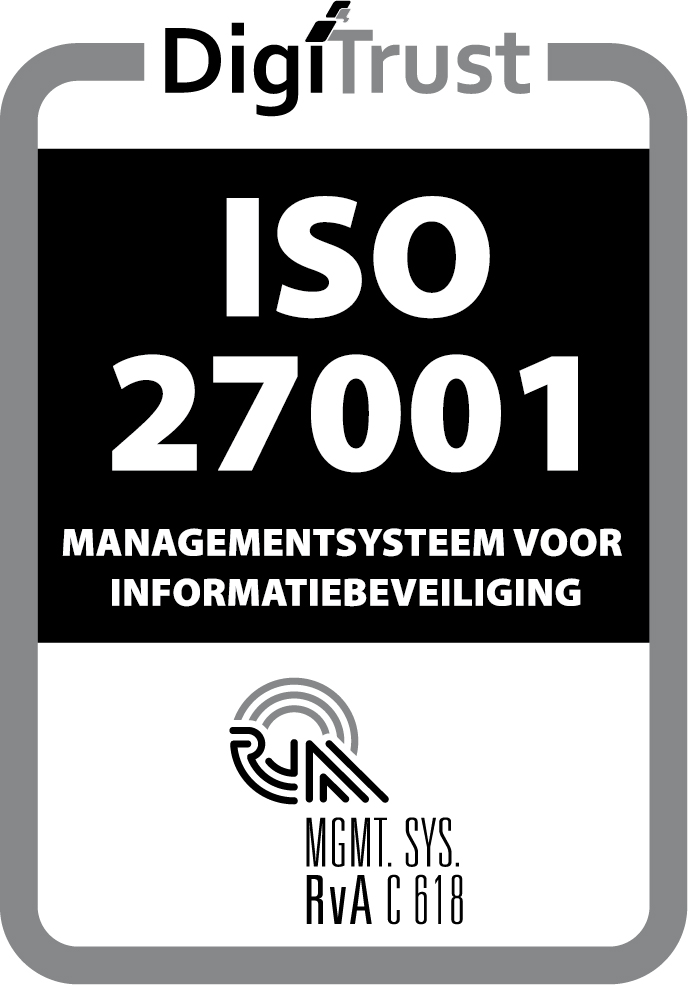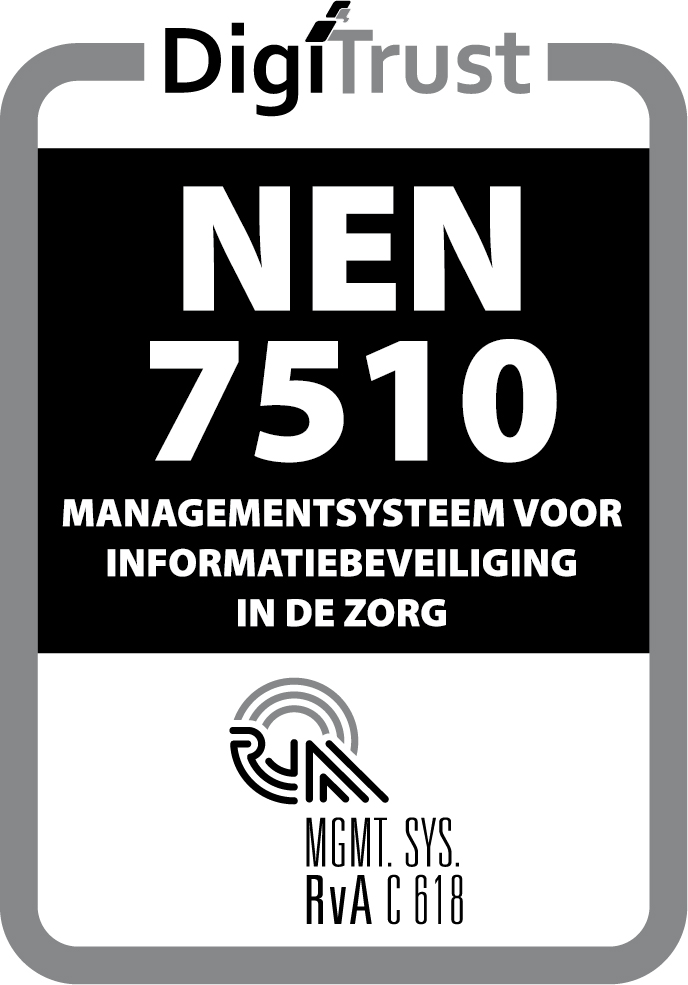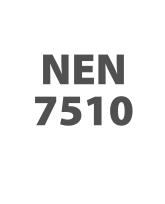In mental healthcare, we are increasingly talking about a sustainable form of relapse prevention. Once someone has had psychological complaints, a relapse can be a possibility. For example, someone who has had a depressive episode has a 50% chance of relapsing back into a depression. That is why relapse prevention is an important topic. And technology can help us with this! For example, by providing insight into symptoms and trends or reporting when help should be called in.
More on relapse prevention
During treatment, clients work on their mental health. They learn about their symptoms, pitfalls and risk situations, but also about their strengths and the people who are there for them. Even if the treatment stops, the recovery process continues. Recovery is not a linear improvement; it involves trial and error. Having a relapse can happen in this process and it is actually quite normal. During treatment, therapists prepare their clients for such a possible relapse. Usually, together they make a summary or an overview of everything learned during treatment using a relapse prevention plan. After treatment, this plan will help identify relapse symptoms in time for the client to intervene.
How technology supports the relapse prevention plan
The relapse prevention plan often consists of three phases. Below, the phases are explained and how technology can support them.

Phase 1
Gaining insight into risk factors, pitfalls and tools during treatment: In this first phase, the client makes a plan in which signals, risk factors, pitfalls, tools and resources are listed, so that they can recognise when things are not going well and what can be done when things are getting worse.
This is how technology can support: clients can go through registrations in the app and see what helped them during treatment, what they practiced and who was there to support them. The client is therefore able to build confidence from previous experiences and victories. In this way, the app is used as a reference work after a completed treatment.
Phase 2
Regularly check in after treatment: after treatment, the client is advised to regularly check in with themselves on how things are going and consult the relapse prevention plan.
This is how technology can support: Through NiceDay, therapists can ask their client to keep track of how things are going in a diary or through a thought record. This allows the client to recognise patterns over time and gain insight when things aren’t going so well, for example.
Phase 3
Taking measures: When things are not going so well, measures need to be taken. Initially, the client tries to reduce their symptoms themselves by, for example, talking to their partner, practicing mindfulness and building resilience. When the symptoms are too severe and the client no longer able to find a solution themselves, then it is wise for them to check in with a professional again.
This is how technology can support: When a client returns for treatment due to severe symptoms, the treatment can quickly start again because the client has continued to register in NiceDay. The data that is stored in an orderly manner and can be used again in treatment.
Technology can support the relapse prevention plan even better
It is expected that technology will become even more capable of supporting relapse prevention. This will help the client will have more control over their own health and therapists will be supported by smart technology. Examples of possibilities include:
- Using predictive models to recognise patterns in historical data in order to make an accurate prediction of the likelihood of someone relapsing.
- An online buddy system or contact that allows like-minded clients to encourage or support each other.
- Provide tailored relapse prevention exercises based on a client’s online registrations.






